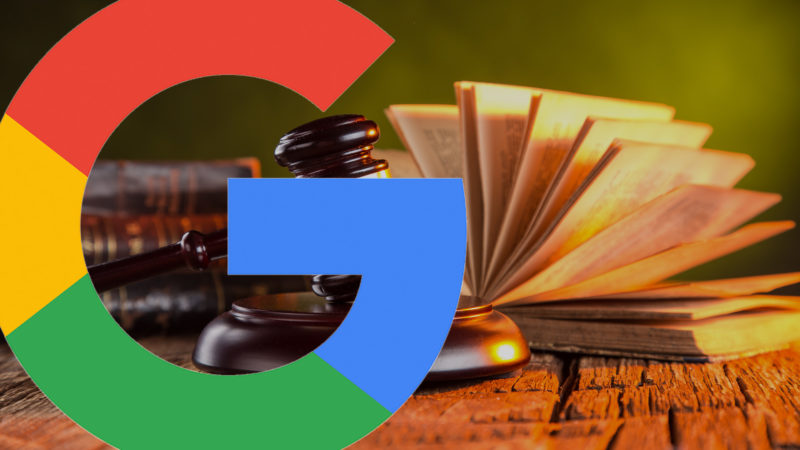Google holds onto its trademark as federal court rules it has not become generic
Usage of "google" as a verb does not automatically invalidate its legal protection.

Google has not committed “genericide,” according to the 9th US Circuit Court of Appeals. While people have used “google” to refer to searching online for nearly 20 years, that does not invalidate the company’s trademark.
The legal dispute arose when an individual, Chris Gillespie, registered hundreds of domains that contained the word “google” (e.g., googledisney.com) in roughly 2012. Google objected, as part of its effort to protect its trademark, and the case went to arbitration.
The arbitration panel awarded to Google all 700+ domains Gillespie had registered. Gillespie and another individual, David Elliott, then sued in federal court in Phoenix, arguing that the term “google” was now a verb and had become generic and no longer entitled to trademark protection.
Terms like zipper, escalator and aspirin were at one time trademarks that became generic over time. However, this process is not inevitable; it’s typically a function of the trademark owner not sufficiently protecting its mark. Coke, for example, is used by some generically but has managed not to become generic.
The court ruled (opinion below) that it wasn’t sufficient for Gillespie and Elliott to show that people used google as a verb but that people understood the term to be a replacement for search engines generally. Accordingly, usage of a trademark term as a verb in the culture does not automatically constitute generic use:
We agree that Elliott has failed to present sufficient evidence to support a jury finding that the relevant public primarily understands the word “google” as a generic name for internet search engines and not as a mark identifying the Google search engine in particular.
Opinions expressed in this article are those of the guest author and not necessarily MarTech. Staff authors are listed here.
Related stories
